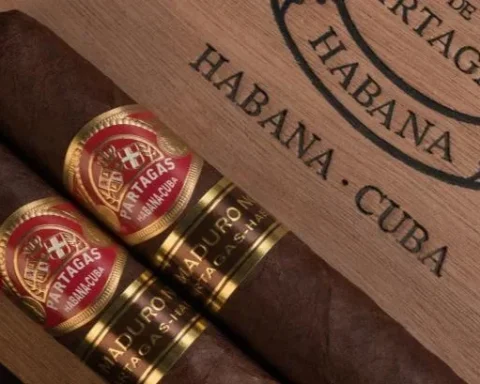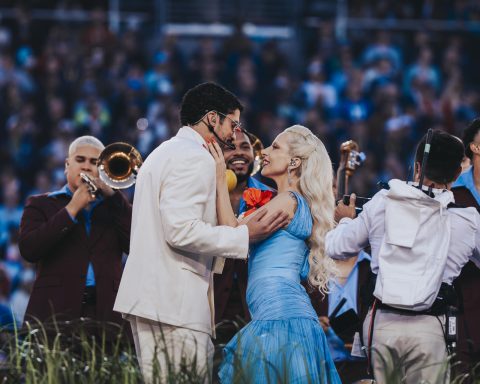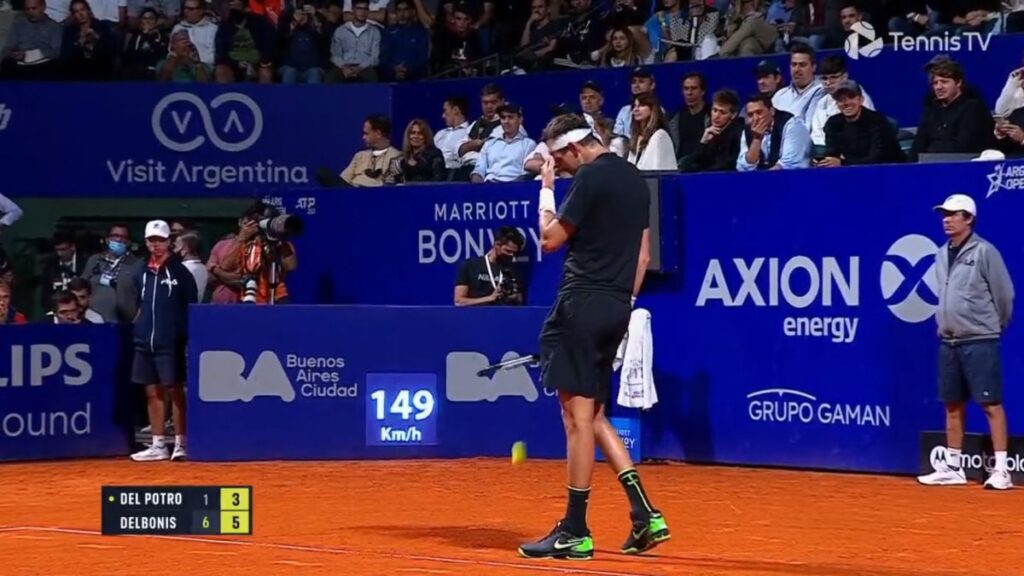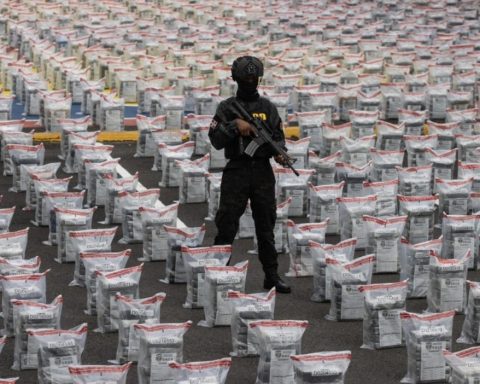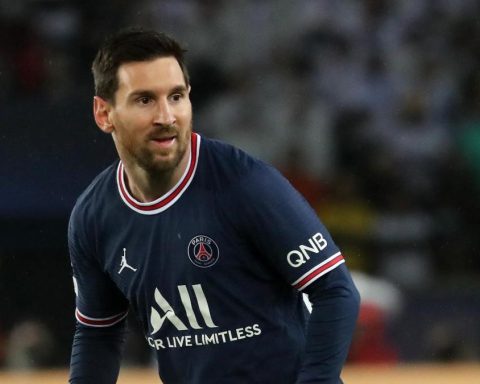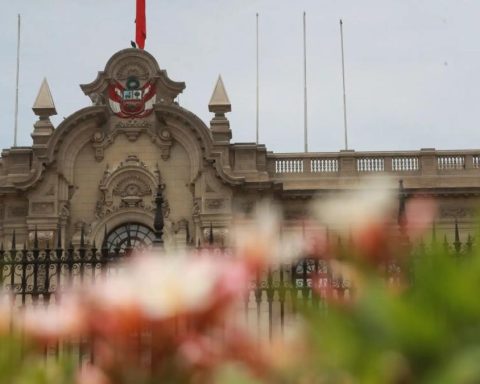Ramón Fonst Segundo is the Cuban who has won the most Olympic medals: 4 gold and one silver. Considered one of the most outstanding fencers of all time, great among the greatest athletes, he was 17 years old when he was the best épée fencer in Paris 1900 and finished second in the professional category. Four years later, in San Luis, he repeated the victory, won in foil and joined the gold team of this specialty.
However, in some statistics that collective triumph does not appear, and I describe that absence as injustice and error. There are also negatives related to that second site. Based on my studies on the contest rescued by the Frenchman Pierre de Coubertin, I come out in defense of the aforementioned title and the other medal, won fairly in a program of the moment. First I will refer to several works that deal with the question.
The publication Sports Facts and Figures Guide, delivered to the press in Beijing during the great XXIX party, with the approval of the International Olympic Committee (IOC), ratifies Fonst’s success by placing him in tenth place for his 4-1-0 in fencing’s biggest tournament, and give the same position to the athlete’s homeland on the same list, with 4-3-3. The result is also recognized by the Cubans José Elías Bermúdez, in Along the paths of the Olympics, his compatriots Irene Forbes, Ana María Luján and Juan Velásquez in Famous and Unknown Cubans in the Olympic Games, and the Spanish Juan Fauria in History of the Olympic Games. .
In my book The Olympics, from Arenas to Moscow, I embrace such a vision although I express some clarifications, which I delved into much more later. Here are my lines arranged now especially in the content: Cuba swept fencing. The papers say yes because their representatives, with Ramón Fonst in the lead, triumphed in the individual saber, vara (cane), épée and foil; in this specialty they achieved joy in the collective as well. You have to go beyond the papers. A foreigner, friend of Fonst, of German origin and US citizenship, resident in Havana, joined the group: Albertson Van Zo Post.
The main powers of the specialty were absent: France, Italy, Hungary. Albertson was crowned in the pole, was part of the foil aces, finished second personally, and got bronze in the two remaining calls. We must clarify that the other sports were weakened in terms of participation due to the distance from the stage as well as the development of transportation at the time and its high costs.
I add: the bullfight still did not possess the understanding, the popularity and the love nor did it own the vigor that would make it the most transcendental celebration of the muscle and beyond. On the other hand, by allying itself again with an international trade exhibition, Olympism was hurt. In this case, the Louisiana Purchase Exposition dominated the scene too much. The long duration and the excessive amount of tests damaged.
According to the experts, the press, the activists themselves, in San Luis the North American tournaments were settled to a great extent, and due to their excessive spectacularity, racism, the inhumanity of the anthropological tests and other anomalies, in that sporting spree – they called it that various journalists – contests were held far from sports. There were champions and… champions. All were awarded as such; by the way, for the first time medals were awarded in the classic to the winners. But the foregoing does not mean the ignorance of the winners in the initial fair… It was the Games, it was the stage, they were their aces.
They strengthen my defense first and foremost, the validation of Zo Post’s accolades, placed in the US medal table, as it should be. Therefore, those of Fonst and the group of his countryman Manuel Díaz, the best saber fencer of the event and, at the same time, the second Latin American awarded in the Olympics, deserve the same decision. What’s more, in honor of the truth, those of ours could be taken into account in tests later eliminated from the program, as was done with others. In addition, there are reports of several legitimate ones already carried out from Athens with the participation of two selected and even several representatives of a single delegation. Of course, the last straw in San Luis.
I will point out some invigorating examples of the safeguard that I lead. In the 110 hurdles of the initial Games, gold and silver for Curtis and Goulding, from the USA and England respectively, without the other finalists running. Only two attended the decisive tennis that ended like this: first the Englishman Bolan; second, the Greek Kasdaglis. The worst: in doubles, the couple formed by Bolan and the German Thraun won. Two from headquarters, silver location. And no more duo acted. In various shooting calls, only Hellenes were beaten, only title and second place awarded: there were no more contenders. In gymnastics, victory in fine bar to the only group represented: that of the Germans. In rope climbing, one and two for Greece, the only participants.
In Paris 1900, similar things happened in various disciplines. What do you think of what Bermúdez expressed in Por los camino?: “In a couple of lengths with a helmsman, the Dutch rowers Francois Brandt and Reolof Klein considered that Hermanis Brockman, helmsman of the boat, was very heavy, so they decided to replace him with a French minho whose name is unknown, although it can be seen in the photos that he must have been between 7 and 10 years old, which makes him the youngest medalist in the history of the Games”. The researcher adds: “…in the final of the four long oars with coxswain, an unusual situation arose that determined that in the end the two semifinals were recognized as finals.” In 1904, gold, silver and bronze for three teams from the United States
In the sanluiseño relaxation of 1904 they left children to the mentioned samples. Ahead, in the debut of boxing, only American competitors entered the ring and there were performers in more than one weight, even Kirk got a couple of crowns, that of the featherweights and that of the lightweights; and the welterweight champion, Spanger, was second among the middleweights and the light heavyweight master, Mayer, was the silver among the complete ones.
The king of sports was not left unscathed. Enrique Montesinos exposes it in Colossus of athletics: different measures due to the interests of the scenarios, in the so-called team races, later in disuse. Insignificant participation and the inclusion of the Australian Stanley Rowley in the British representation that won the II Games and that of the Frenchman Albert Corey, four years later, in that of the vice-holders of the test, the Americans of the Chicago AA club, surpassed by the other Present: New York AC. And what about the victory of the USA in the first appearance of the 4 x 400 relay in London 1908, scheduled at 200, 200, 400 and 800 meters?
Almost all of these results have been recognized and those that are missing should be considered in the same way. We must have a sense of the historical moment and know that no area of society develops in a straight line. In the nooks and crannies, on the return to go through the same space, although with a greater step, there is so much of achievement. And Olympism does not escape.
